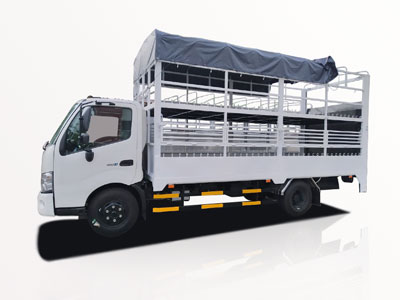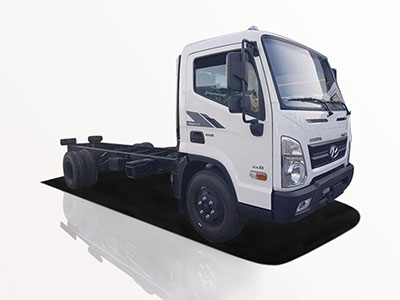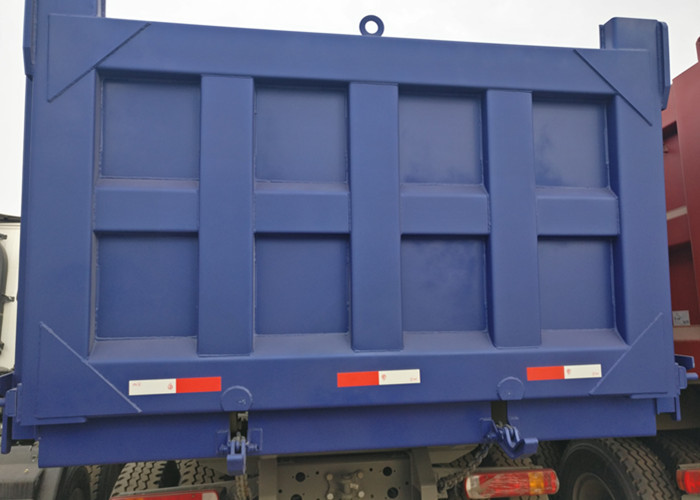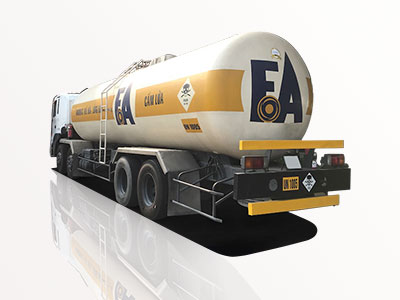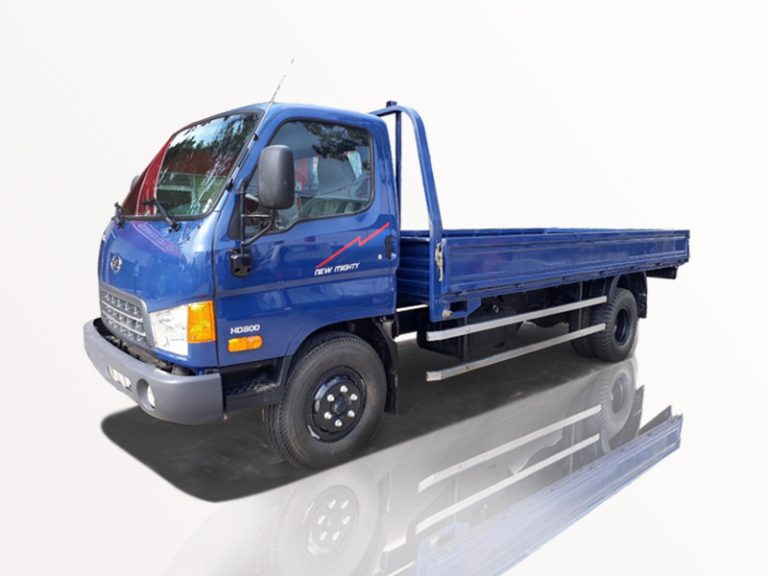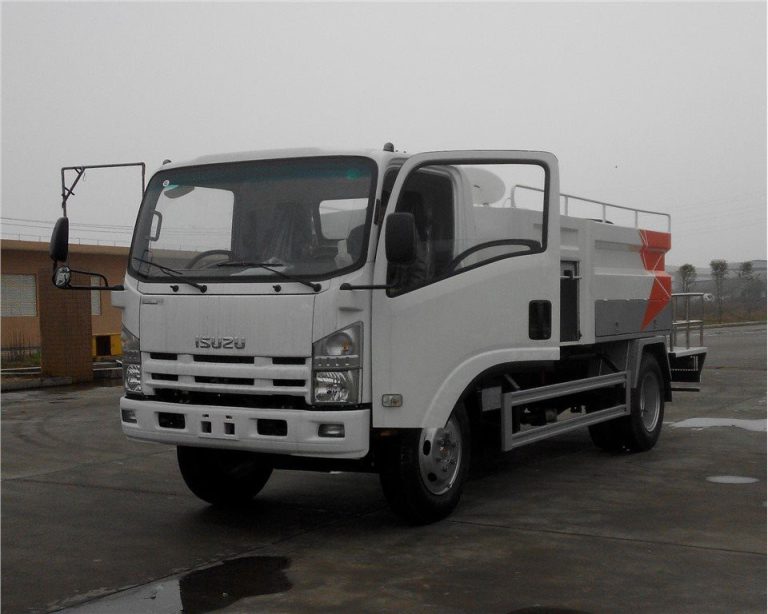Mini concrete trucks have become a popular solution for many construction and landscaping projects. This article will delve deep into what mini concrete trucks are, their benefits, various uses, specifications, and more. The goal is to provide a comprehensive understanding of this essential equipment in the concrete industry.
What are Mini Concrete Trucks?
Mini concrete trucks, often referred to as concrete mixer trucks or mini mixers, are smaller trucks equipped to transport ready-mixed concrete. Unlike traditional concrete trucks that can carry several cubic meters of concrete, mini concrete trucks typically handle lower capacities, usually between 1 to 3 cubic meters. This compact size allows them to maneuver easily in tight spaces such as residential backyards or urban construction sites.
Key Features of Mini Concrete Trucks
- Size: These trucks are designed to fit into small spaces that standard trucks cannot reach.
- Capacity: Generally, the capacity ranges from 1 to 3 cubic meters, ideal for small to medium jobs.
- Mixing Capability: Many mini concrete trucks come equipped with a mixing drum that allows the operators to mix on-site, ensuring the concrete maintains its quality during transport.
- Versatility: Suitable for a variety of projects, from residential to commercial settings.
Benefits of Using Mini Concrete Trucks
1. Cost-Effectiveness
One of the most significant advantages of using mini concrete trucks is cost savings. Smaller trucks generally incur lower operational costs in terms of fuel consumption, labor, and maintenance. This cost-effectiveness makes them attractive to small businesses and individual contractors.
2. Accessibility
Mini concrete trucks can access locations where larger trucks are impractical. For example, they can easily navigate through narrow streets, driveways, and tight job sites, ensuring you get concrete where you need it.
3. Reduced Waste
With a smaller load capacity, it is easier to calculate the required amount of concrete for a specific job. This results in less waste and more efficient use of materials.
4. Greater Control Over Delivery
Mini concrete trucks allow better control over the timing and consistency of concrete delivery. You can mix on-site according to project needs, ensuring optimal freshness.
Types of Mini Concrete Trucks
1. Standard Mini Concrete Trucks
These trucks are designed for general concrete delivery and suitable for a variety of projects. They are commonly used in small residential jobs, such as driveways and sidewalks.
2. Mini Concrete Mixers
Essentially a smaller version of standard mixer trucks, mini concrete mixers can produce concrete at the job site, making them ideal for projects that require specific concrete mixes.
3. Concrete Pump Trucks
Though slightly different, some mini trucks come equipped with pumping capabilities, allowing for easier delivery to high or hard-to-reach areas.
4. Specialty Mini Trucks
These trucks are customized for specific applications, such as pouring concrete for foundations, slabs, or decorative concrete projects.
Specifications of Mini Concrete Trucks
1. Dimensions
Typically, mini concrete trucks measure around:
| Specification | Dimensions |
|---|---|
| Length | 18 to 20 feet |
| Width | 7 to 8 feet |
| Height | 10 to 12 feet |
2. Capacity
The load capacity of mini concrete trucks generally ranges between 1 to 3 cubic meters, with some capable of carrying more depending on the model and configuration.
3. Engine Power
Mini concrete trucks are equipped with engines ranging from 130 to 200 horsepower, providing sufficient power for urban delivery routes and construction sites.
4. Mixing Drum
The mixing drum capacity on mini trucks often varies between 600 to 1,200 liters, ensuring that the truck can mix adequate amounts of concrete as needed.
Practical Examples of Mini Concrete Truck Usage
1. Residential Projects
For homeowners looking to construct patios, sidewalks, or foundations, mini concrete trucks offer a practical solution. Their ability to deliver smaller amounts of concrete means that homeowners can get precisely what they need without excess.
2. Landscaping Projects
Mini concrete trucks are also beneficial in landscaping for creating decorative features, such as garden pathways, retaining walls, or decorative concrete finishes.
3. Urban Construction
In urban settings where space is limited, mini concrete trucks can deliver concrete to sites with restricted access, ensuring timely completion of projects without hindering traffic flow.
4. Repairs and Renovations
Contractors involved in renovation work often use mini concrete trucks to replenish concrete for repairs, ensuring consistency in the existing structures.
Tips for Choosing the Right Mini Concrete Truck
1. Assess Your Project Requirements
Before selecting a mini concrete truck, assess the specific requirements of your project, including the amount of concrete needed and the delivery location’s space constraints.
2. Compare Capacities
Examine various models to find one that closely matches your needs in size and capacity, ensuring efficient use without substantial excess.
3. Check Maintenance Costs
Investigate the truck’s maintenance history and costs associated with running the vehicle to ensure it aligns with your budget.
4. Consider Local Regulations
Understand local regulations regarding concrete mixing and delivery, especially in urban areas where permits may be required.
Maintenance of Mini Concrete Trucks
1. Regular inspections
Regularly check the mixing drum, engine components, and hydraulic systems for efficient operation.
2. Clean the Mixing Drum
After each use, ensure the mixing drum is thoroughly cleaned to prevent concrete buildup, which can damage the equipment over time.
3. Check Fluid Levels
Maintain proper fluid levels in hydraulic and engine systems to ensure optimal performance.
4. Scheduled Service
Follow a scheduled maintenance program with a trusted mechanic familiar with concrete trucks to keep your vehicle in top shape.
Mini Concrete Trucks vs. Standard Concrete Trucks
While both types serve the purpose of delivering concrete, several key differences exist between mini concrete trucks and their larger counterparts:
| Feature | Mini Concrete Trucks | Standard Concrete Trucks |
|---|---|---|
| Size | Compact | Large |
| Capacity | 1 to 3 cubic meters | 6 to 12 cubic meters |
| Maneuverability | High | Moderate |
| Typical Use | Small to medium jobs | Large construction projects |
FAQs about Mini Concrete Trucks
1. What types of projects are best suited for mini concrete trucks?
Mini concrete trucks are ideal for residential projects, landscaping, small commercial jobs, and urban construction where space is limited.
2. How much concrete can a mini concrete truck carry?
Mini concrete trucks typically carry between 1 to 3 cubic meters of concrete.
3. Can mini concrete trucks mix concrete on-site?
Yes, many mini concrete trucks come equipped with mixing drums that allow for mixing on-site, ensuring fresh concrete delivery.
4. Are mini concrete trucks more fuel-efficient than standard trucks?
Generally, yes. Mini concrete trucks consume less fuel than standard trucks due to their smaller size and lighter loads.
5. How do I choose the right mini concrete truck for my needs?
Assess your project requirements, compare capacities, and check maintenance costs to determine which truck meets your needs best.
6. What maintenance do mini concrete trucks require?
Regular inspections, cleaning the mixing drum, checking fluid levels, and following a service schedule are crucial for maintaining mini concrete trucks.

